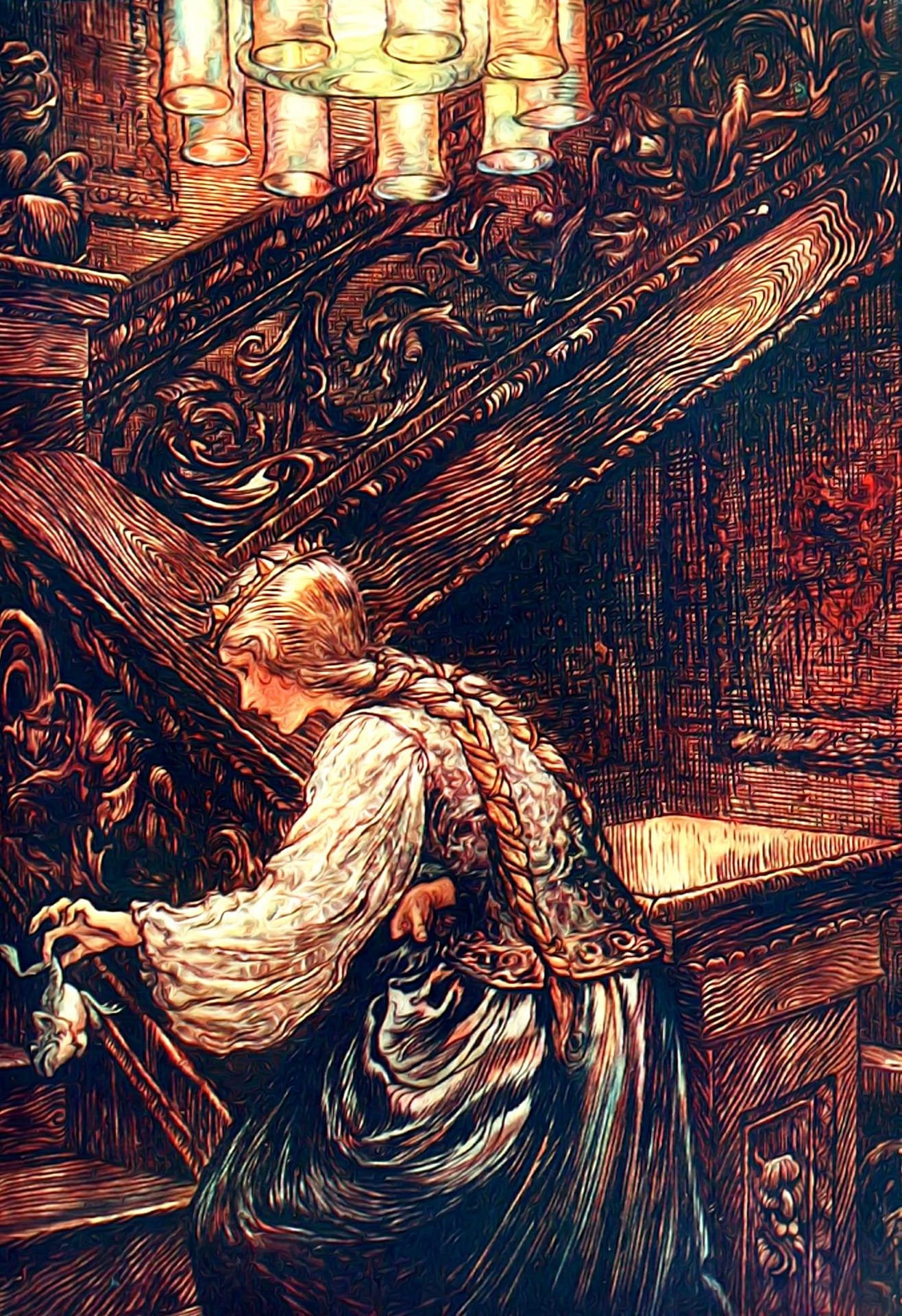By Avivah Gottlieb Zornberg
Doubleday, 624 pp.
Every year, for thousands of years, Jews have sat at the Passover table and praised God for bringing them out of Egypt with a strong hand and an outstretched arm. The story is a political history that recounts God's vanquishing of one nation and his liberation of another. Avivah Gottlieb Zornberg acknowledges this story in her newest book of midrash, beautifully describing it as "the magisterial narrative of the Torah."
But these days, "narrative" is something we moderns rarely take at face value, and the genius of Zornberg's "The Particulars of Rapture: Reflections on Exodus" is its approach to Exodus as a psychological statement. "Peshat, or plain meaning of the text," she explains in her introduction, "functions as the conscious layer of meaning, while the midrashic stories and exegeses intimate unconscious layers, encrypted traces of more complex meaning."
A British scholar now at the London School of Jewish Studies, Zornberg taught literature before turning to religion. In Exodus she uncovers, against a background of joy and redemption, stories of the Jews' ambivalence, of an intransigent psychological slavery, of a spiritual complacency, and even depression. Exodus, says Zornberg, is "haunted by untold stories that detect anomalies in the master-narrative."
The psychoanalytic process is much more than a tidy metaphor. To Zornberg, the stories that lie just below the surface of Exodus are evidence of spiritual and psychological repression, of doubt and fear that plague both the Hebrews of the Bible as well as Jews today--and perhaps anyone on a spiritual quest. The discovery of our desire, faith and rapture comes not by putting on a happy face--or imposing the dominant narrative on any interpretation of Exodus--but through the psychological process of interpreting and reinterpreting. Zornberg urges us to look at the dark and the hidden until it becomes light and revealed.
This applies to Moses, who struggled for redemption despite his verbal paralysis; it applies to the Israelites struggling with their own fear of God's liberation; and it applies to our own telling of Exodus, again and again, until the path toward freedom becomes clear. Freud saw retellings that contradict, undermine and confuse the "magisterial narrative," as a human impulse. Zornberg considers it a holy one. By resolving the contradictions in our stories, we move toward God. The individual's movements, his "particulars of rapture, "as Wallace Stevens wrote, matter.
When Moses climbs Sinai to receive the 10 Commandments, with the Hebrews clustered at the bottom of the mountain, it is a moment of epic proportions, not merely because it is the beginning of God's formal relationship with the Jewish people, but because of the internal ambivalence of the Jews. Zornberg spots in the story Israelites' "tension of desire and terror [that] becomes central and overwhelming." To discover this, Zornberg analyzes each movement and gesture at the base of the mountain in turn. Working with the medieval Jewish commentator Rashi's interpretation, she brings to life the people as they "recoil from Revelation." "The trauma inflicted by the experience of hearing God's voice, makes them, as a group, lose their footing: they yield the ground they have so much desired. And then the angels help them move forward again."
Writers of midrash are ubiquitous these days, many of them women dramatically reimagining the Bible, creating where there is silence stories of our biblical foremothers. Zornberg, who has taught widely in Israel, England and the United States, takes this reimagining much farther. Combining feminist thinking with Orthodoxy, literary and theological analysis with a populist approach to the text, Zornberg has found readers across the spectrum. She has earned a place as a preeminent thinker as well as creative dramatist. Zornberg divides her book to follow the weekly Torah readings and it is designed to be a sequel to her book on Genesis, "The Beginning of Desire," best read as an accompaniment to weekly study; discussion with fellow readers would help too. A straight, silent read does not do justice to the author's many twists and turns of understanding. Her varied approaches, from literary criticism to Freudian analysis to traditional midrashic argument, are daunting in breadth, and her attention to tensions and contradictions in the text exquisite. Her interpretations are sensual, deeply empathic, creative and at the same time grounded in the biblical text and uncompromisingly logical.
But it is her association of holiness with narrative reinterpretations that will make her book central to contemporary religious understanding. For Zornberg, midrash includes not only the work a group of men known as the Rabbis, but a wide range of "retellers," writers and thinkers like Elias Cannetti, Mallarme, Freudian child psychologist D. W. Winnicott, Freud himself, Dostoevsky, Kafka and many more. And midrash, holy midrash, also includes Zornberg's work, and our own retelling. "Minor" midrash, less effective ones, even subversive ones, all have a redemptive purpose. "[T]he people, she writes, "will engender forms of testimony to God's redemption that are not merely restatements of the known, but testings, trials of self and world that give birth to new structures of knowledge." This has the effect of sanctifying her own work of interpretation, and ours as well.
Zornberg's project is a revolutionary and even an essential project for the early 21st century. Destabilizing the majestic, authoritative narrative allows for the introduction of hidden stories--women's stories, especially--that the original text and subsequent interpreters gloss over. Zornberg's willingness to sanctify other voices encourages the conflict between individual and normative society, between creativity and obedience. It allows us to understand that ambivalence and struggle do not postpone rapture; they encourage it.

